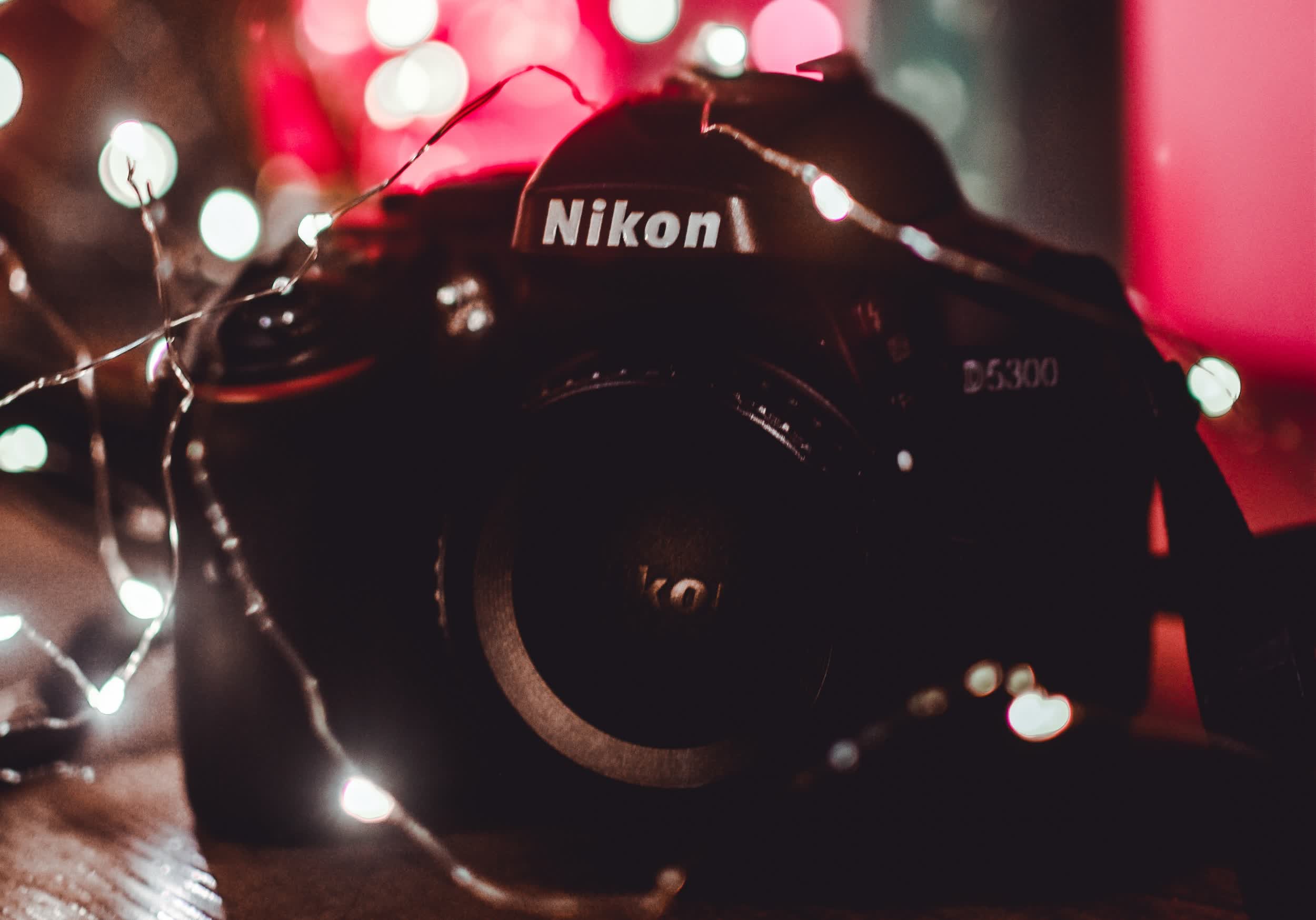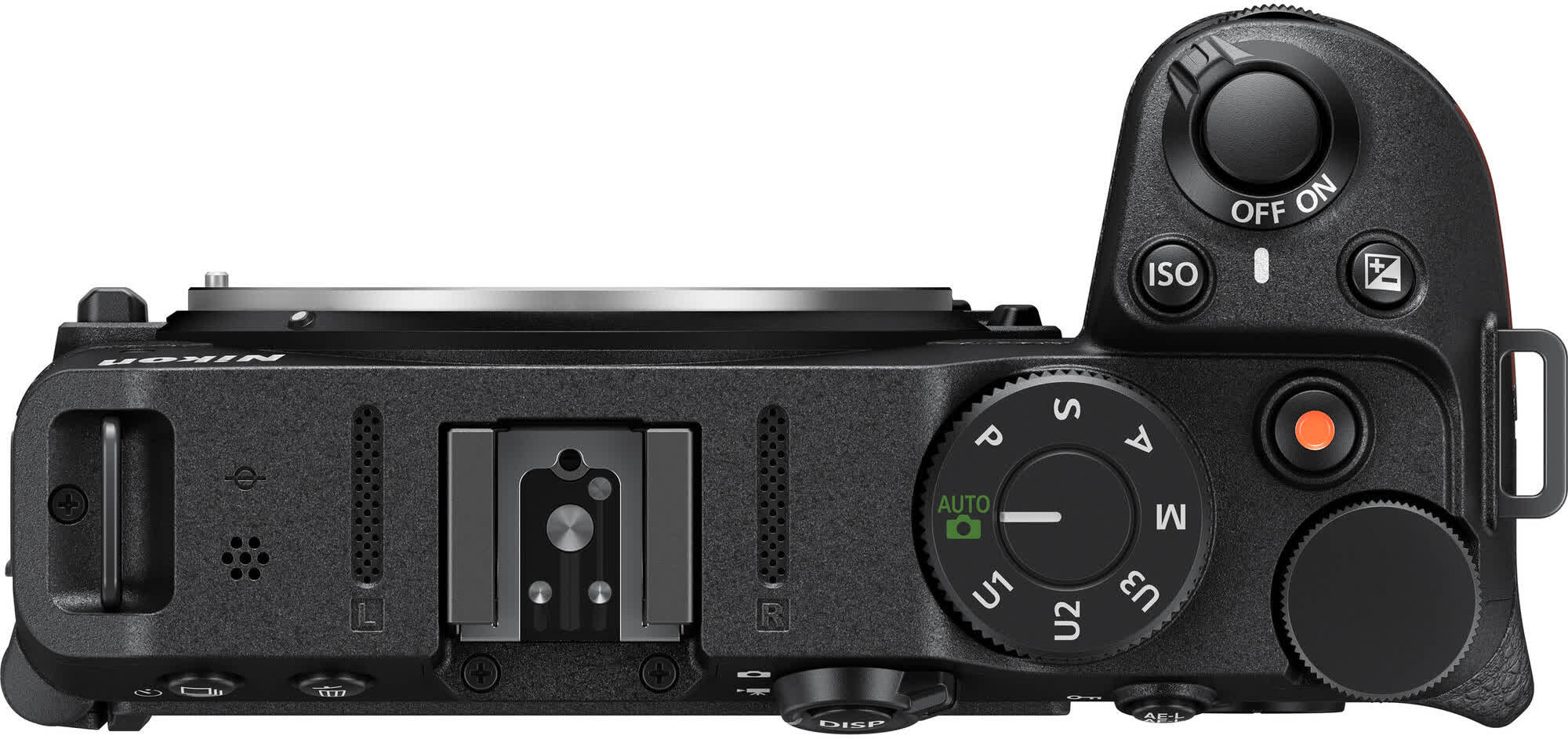Editor's take: Nikon is reportedly preparing to pull out of the digital single-lens reflex (DSLR) market to focus on developing smaller and lighter mirrorless models. While not unexpected considering the continued encroachment by mobile cameras, one has to wonder where pro photographers will turn next.

Sources familiar with the matter told Nikkei that Nikon has increasingly been losing out on sales to smartphones with powerful integrated camera arrays. Nikon hopes to beat out mobile competition with mirrorless cameras featuring more advanced digital technologies.
This isn't the first time we have heard rumblings of this nature, nor is the revelation surprising. Nikon hasn't released a new DSLR model since the D6 arrived in early 2020 and stopped making compact digital cameras a few years earlier. All the while, smartphone cameras have been improving with each generation.

Notably, Nikon will still manufacture and distribute existing DSLR models – they simply won't develop any new models.
Canon late last year confirmed it is also exiting the flagship DSLR business.
The shift away from high-end DSLRs could have a profound impact on professional photographers that rely on flagships for the best possible image quality. The consumer market may very well be trending toward mirrorless cameras but with Nikon and Canon out, who is going to service this small but important segment moving forward?
Image credit: Vinícius Vieira ft